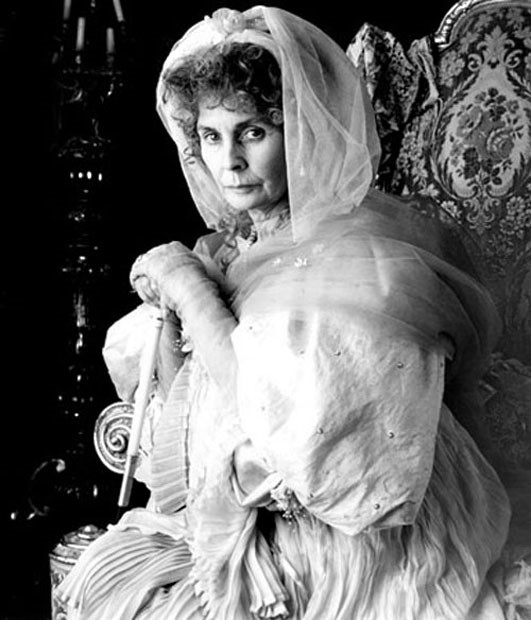
To listen to this reflection as a podcast, click here.
Charles Dickens is hands down the most famous fiction writer in the history of the English language.
A few years ago, he was cited as the author of the most memorable line in all of British literature: “God bless us, everyone!” (Tiny Tim, from A Christmas Story).
But that’s just the start. Dickens also wrote the second most famous line (“It was the best of times, it was the worst of times” – the opening words of A Tale of Two Cities) and the third, as well (“Please, sir, may I have some more?” – the heartrending cry of the orphan Oliver Twist).
Among other things, Dickens is credited with the invention of the paperback book; novels that were published in serial form; and a brand new idea called the cliffhanger – a dramatic plot twist of some sort that ensured you would want to read the next chapter or tune in to the next episode. Charles Dickens, in other words, invented the soap opera. His legacy is that 100 years after his death, Americans actually cared about who shot J.R. Ewing on Dallas.
The characters in Dickens’ books are almost always extreme. Their goodness, their wickedness, and their peculiarities tend to go off the charts.
The most eccentric, and therefore the most memorable, of all his human inventions is Miss Havisham of Great Expectations, which was published in 1861.
Miss Havisham, a wealthy young woman, was preparing herself on the morning of her wedding for what she assumed would be the happiest day of her life. Then she received word that her fiancé had fled. She was jilted. It was exactly 8:40 am. She immediately stopped every clock in her house.
She had already put on her wedding dress. She never took it off again as long as she lived. She had just put on one of her wedding shoes. She ever after walked about wearing only one shoe. The clocks in her house never moved past 8:40, and her wedding cake sat on the table until it was eroded by the years.
Miss Havisham closed the drapes in her house and never reopened them. For her, the light of life had disappeared both literally and figuratively.
The literature scholar Elliot Engel describes her as a “maddening, pathetic, unforgettable woman.” How could Dickens expect his readers to take seriously such an unrealistic portrait of a tortured human soul?
The answer, according to Engel, is that while none of us would act like Miss Havisham on the outside, most of us at one time or another have felt something of her anguish on the inside.
It’s the agony of rejection.
Pushed away by someone we love, we feel devastated. We stop the clocks and shut out the light. The pain can feel so intense that we withdraw from the world and wonder if we can ever go on.
According to Dickens, Miss Havisham was not chronologically an old woman. But her bitterness had aged her prematurely.
Dickens was renowned for his extraordinary inventiveness with regard to naming his characters. He had, no doubt, chosen her name carefully. “Havisham” was intended to make the reader think “have-a-sham.” Her life is a sham. Dickens did not believe she had to remain in her self-imposed exile. As the creator of Ebenezer Scrooge, who had experienced one of the most dramatic transformations in all of literature, he surely believed there is hope even for those who feel hopelessly crushed by life’s disappointments.
But where can we find such hope?
Jesus says: “Come to me, all you who labor and are heavy laden, and I will give you rest” (Matthew 11:28).
That verse is quoted most often as a remedy for stressed and exhausted people.
But it’s also a promise for the emotionally wounded.
Do you feel overwhelmed by the weight of sadness, disappointment, betrayal, or regret?
Come to Jesus. Open the drapes.
Choose to live again.
